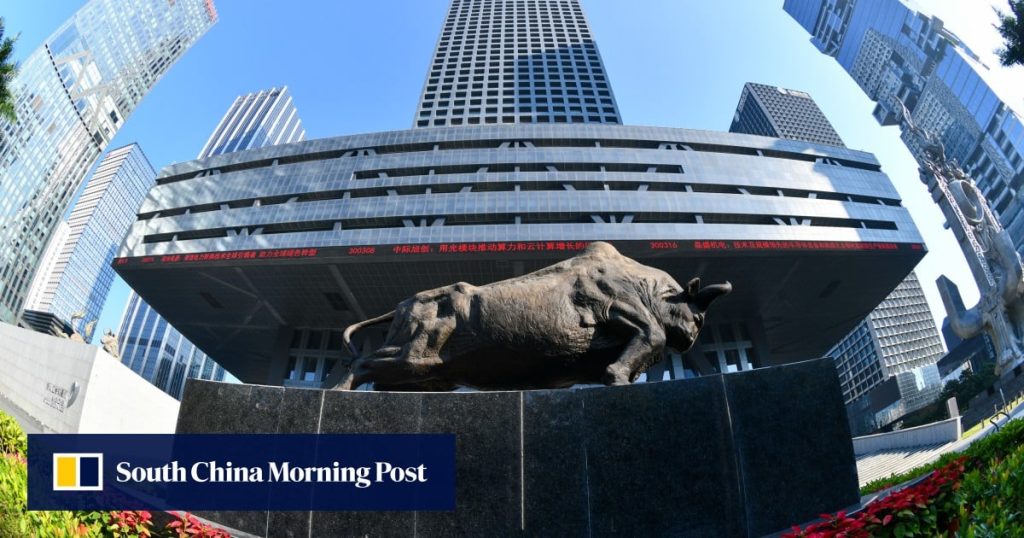China’s individual investors are jumping on the bandwagon of a surprising stock-market rally, eyeing more gains that they believe will be buttressed by state support and potential foreign inflows.
The nation’s 240 million retail stock traders – twice the population of Japan – are cheering the breakout of the benchmark Shanghai Composite Index, which hit its highest level in a decade this month, leaving behind the trauma of two short-lived run-ups in recent years. China’s markets are now capitalised at US$12.3 trillion, having added about US$1 trillion in value over the past month, according to Bloomberg data.
Jacky Jia, a 47-year-old software engineer in Shanghai, said he reaped a return of more than 30 per cent from the stock market this year and expected a further 20 per cent through early next year. He based the argument on a pledge made by the government this year to put a floor under stocks in a shaky economy.
“The stock market is doing pretty well and it will go up further,” he said. “The economy is not in good shape. So that’s why the stock market needs to rise to create the wealth effect, which will spur consumption.”
Jia’s equity exposure is concentrated in new-consumer, consumer-electronics, software and hardware companies – the so-called high-beta stocks that tend to rise more when the broader market stabilises or stages a comeback.
The stellar rally underscores a victory for Wu Qing, who was appointed as chairman of the China Securities Regulatory Commission last year. Wu carried out a slew of market-boosting measures after taking the helm, including direct state buying of stocks, tightening supply of new stock sales and promulgating high-profile documents that envision a reshaping of the market landscape over 10 years.


